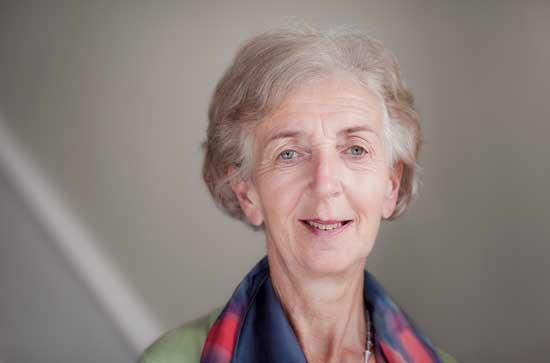
“It’s time to step it up for all women and girls in migration,” according to Maynooth University lecturer in Applied Social Studies Anastacia Crickley, also a member of the Expert Working Group for Addressing Women’s Human Rights in the Global Compact for Migration. The Working Group is calling on UN Member States to step up their efforts to achieve gender equality by putting women, girls, their families and communities at the heart of human rights based migration policies.
A statement issued for International Women’s Day 2018 by the Expert Working Group welcomes the creation of the Global Compact for Migration as a unique opportunity for Member States to reaffirm the commitments made in the 2030 Agenda for Sustainable Development and existing international human rights framework.
The Global Compact for Migration will be the first, intergovernmental negotiated agreement, prepared under the auspices of the United Nations, to cover all dimensions of international migration.
The Working Group states that existing migration policies have failed women and girls for too long, by neglecting to recognise the distinct needs, experiences, contributions and situations of vulnerability faced by migrant women and girls, including those who are lesbian and transgender, exacerbating gender-based discrimination and the very real threats of violence and exploitation they face.
“Gender-responsive migration policies must take an intersectional approach that considers the multiple and intersecting forms of discrimination different women and girls face, and ensure that they receive the same treatment and access to economic, social and cultural rights and opportunities equal to any other individual living in their host country,” asserted Ms Crickley.
“This International Women’s Day we must reaffirm the need for the Global Compact for Migration to deliver for women and girls around the world, and the time to do this is now.”
